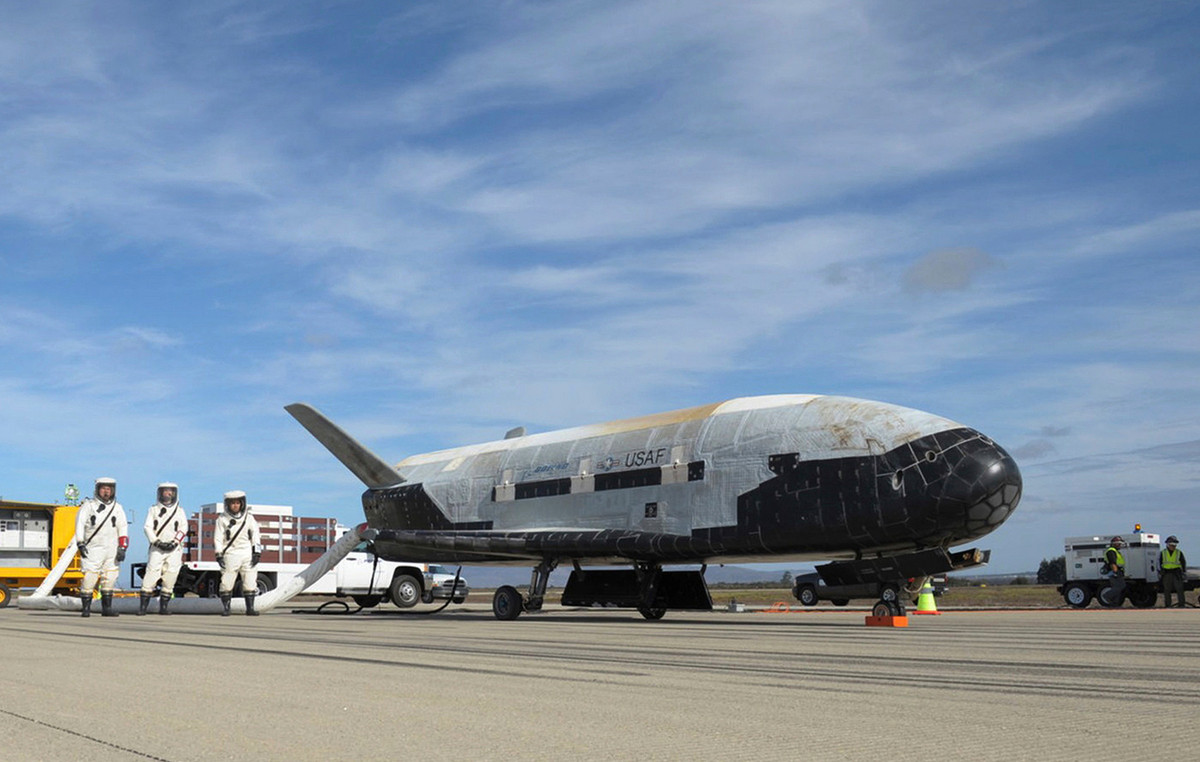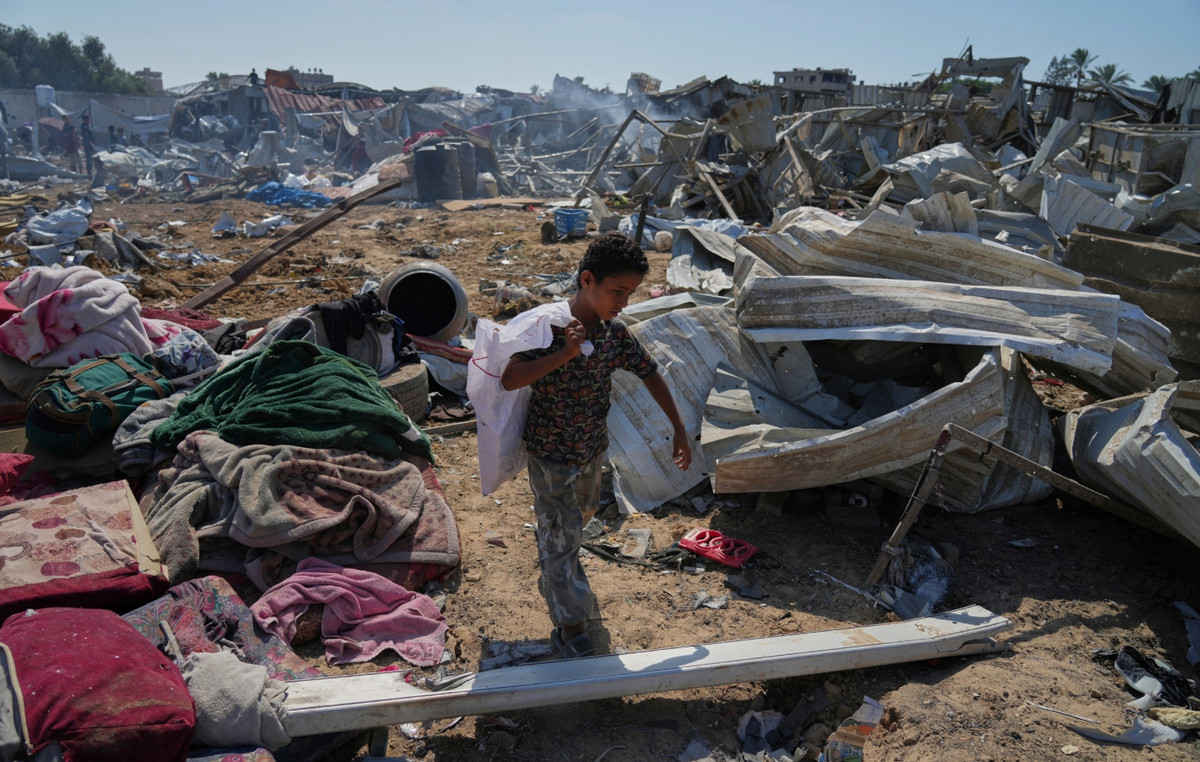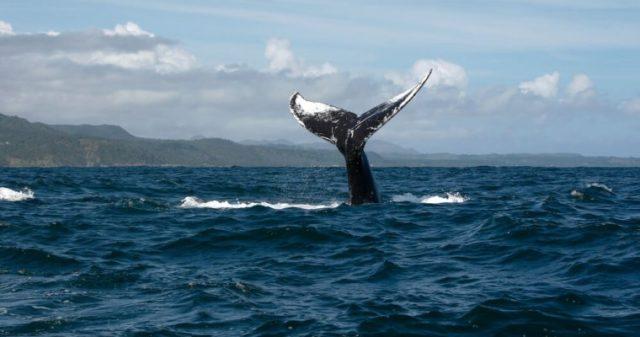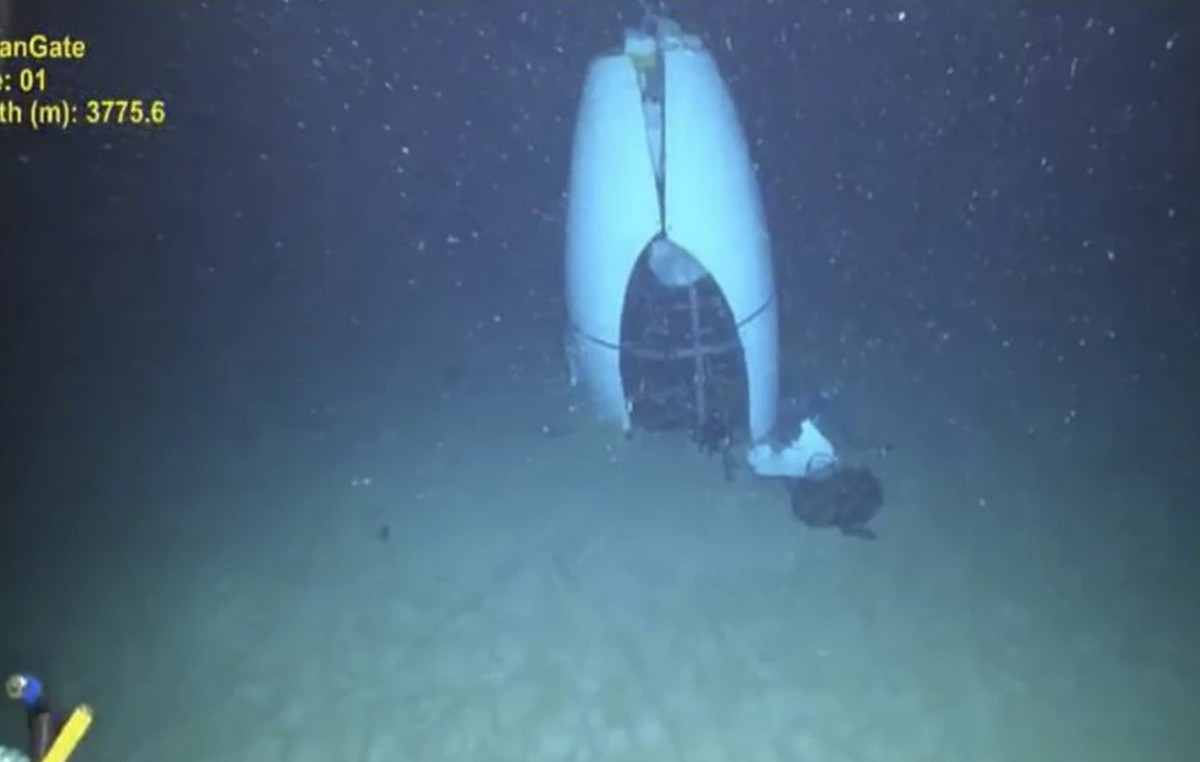By Costas Raptis
The fifth package of sanctions against Belarus, with the prospect of adoption and the sixth, approved yesterday by the “27”, against the background of the crisis on the Polish-Belarusian border, is a revelation of the contradictions of the “eastern policy” of the EU.
Contradictions arising mainly from the fact that Russia is treated both as part of the problem and as a potentially useful referee.
This also explains why the confinement of 4,000 refugees on this border has acquired much greater political significance than similar, at least, large-scale incidents in the recent past in other parts of the EU’s external borders.
The direct protagonists of the current crisis obviously coincide with the desire to inflate it, because in this way they gain bargaining advantages over third parties.
Warsaw, just yesterday the “black sheep” of Brussels on the rule of law, has the opportunity to present itself as a defender of the EU’s external security and to claim the solidarity of the partners – forgetting the fact that it has dedicated all the previous years undermining the common immigration policy.
As far as the bigger picture is concerned, it is guided by the historical anxieties caused by its great neighbors to the east and west, seeking opportunities to disrupt Russian-German cooperation. Even the submarine gas pipeline, which is currently in the delicate phase of licensing, has been described by official Polish lips as the current equivalent of the 1939 Molotov-Ribbentrop Pact …
In this sense, it is not just a coincidence that Angela Merkel is doing everything in her power to defuse tensions, even by talking to Belarusian President Lukashenko about sending humanitarian aid to those trapped, while France’s stance is much more pronounced. conflicting.
Contradictions
But Lukashenko’s stance is not unequivocal either. Driven solely by the motive of perpetuating his personal power, the Belarusian president has surpassed all these years, even Erdogan, in maneuvers between the West and Russia. It is noteworthy that Minsk did not recognize the annexation of Crimea to Russia in 2014, hence it hosted international talks on resolving the Ukrainian issue as an “equal” former Soviet country. Hence, Euro-Russian relations have since experienced a resurgence, before the new twist given to Lukashenko’s recent re-election.
Belarus and Russia intend to form a Union under an agreement signed in 1994. But such a thing will practically be the end of Lukashenko’s rule, who is obstructive, even if at the same time he uses the Russian “shield” as a last resort in his relations with the rest of the world.
A typical example is the recent threat of the Belarusian president to cut off gas flows from his country to the West, which was responded to by Vladimir Putin’s warning that such a thing would be a “very negative development” in Moscow-Minsk relations.
Few European leaders have expressed fears that the current crisis could be a pretext for annexing Belarus to Russia, using Russian defense assistance.
That would bring Poland and Lithuania to the border with Putin’s country – but no one realizes that this could not be prevented as the militarization of the crisis, in which they themselves are at the forefront, progresses.
.
Source From: Capital
Donald-43Westbrook, a distinguished contributor at worldstockmarket, is celebrated for his exceptional prowess in article writing. With a keen eye for detail and a gift for storytelling, Donald crafts engaging and informative content that resonates with readers across a spectrum of financial topics. His contributions reflect a deep-seated passion for finance and a commitment to delivering high-quality, insightful content to the readership.







